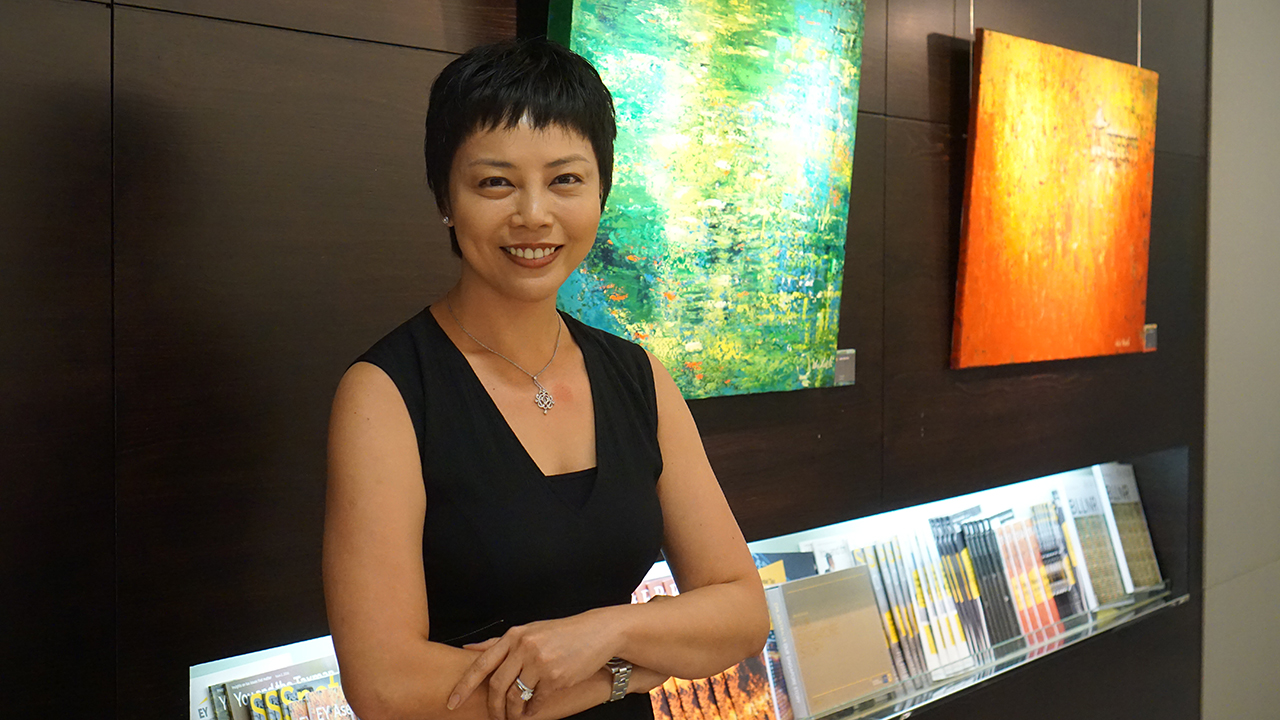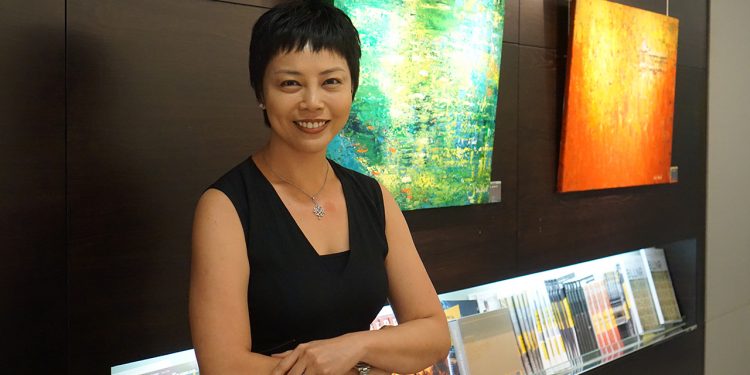
Whether it is going undercover to investigate fraudulent financial activities in overseas companies or giving witness testimonies in court on behalf of law firms, Belinda Tan has done it all in her 15 years as a fraud investigator.
Before that, she was an external auditor for six years. Using a combination of accountancy know-how, forensic investigation tools and a nose for gathering evidence, she has helped conclude countless of cases.
Doing The Job
Don’t be fooled by the movie depiction of the job as there are challenges and limitations in reality.
For one, investigators are allowed to check mobile devices or laptops of individuals being investigated only if they are issued by the company.
For personal devices or bank records, warrants or court orders are required. A fraud investigator has to also stay under the radar so as not to raise suspicion, said Belinda.
Usually, when perpetrators are alerted to an ongoing investigation, they will go out of their way to cover their tracks or destroy evidence.
“Ideally the person who wants to be a fraud investigator should have a background in accounts and, like me, be experienced in auditing. Externally, we have also traditionally hired law-enforcement people from organisations like the CPIB (Corrupt Practices Investigation Bureau) and CID (Criminal Investigation Department),” she said.

